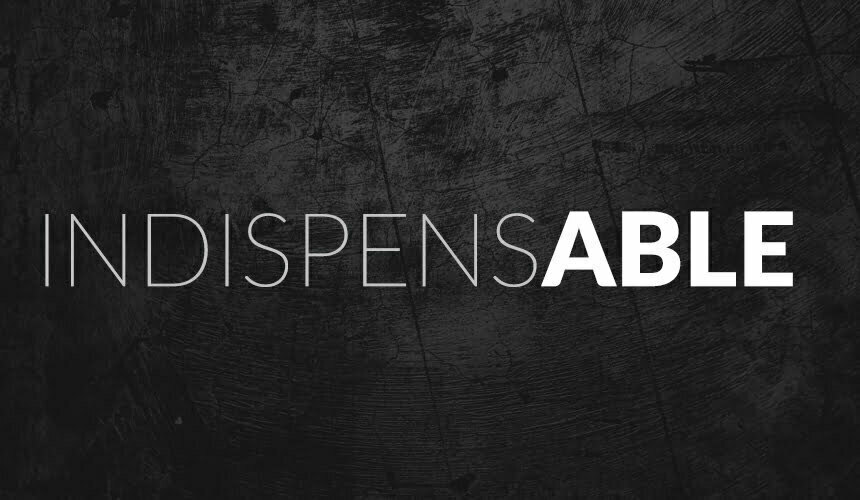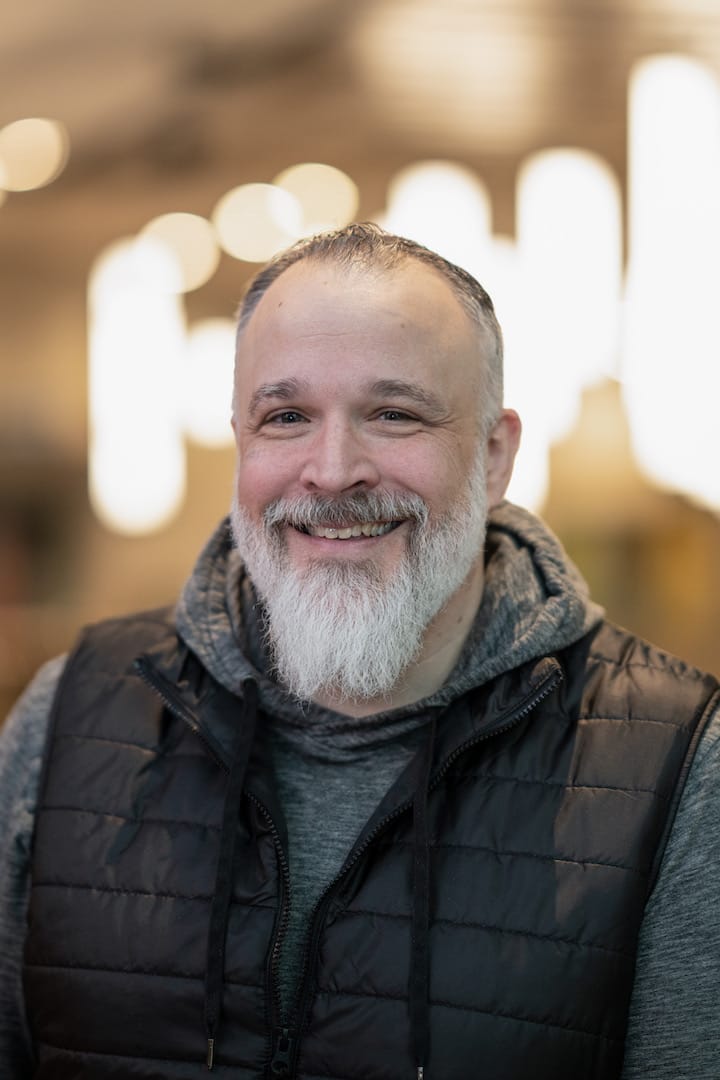

If this title of this article grabbed your attention, made you scratch your head, or even gave you a feeling that wasn’t so great it did the trick. No, I’m not trying to trick you into reading this article, but rather trying to help you see the BIG “C” Church in a light that maybe you haven’t seen before.
If you were to ask me what the state of the Church was, I would simply tell you that it is incomplete. Let me explain by challenging you to re-read 1 Corinthians 12:22.
On the contrary, those parts of the body that seem to be weaker are indispensable
When Paul is talking about the Body of Christ, the Church, he makes it clear that without ALL parts represented that the Church is incomplete.
So, the question is what are the parts of the Body of Christ that “seem to be weaker”?
There probably is no other population in the world than the disability community that fits this descriptor better. People affected by disability throughout history have been cast aside by society. People affected by disability suffer more abuse and neglect than almost any other people group. Because of their perceived weaknesses they are often never given an opportunity to use their giftedness within the Body of Christ or even outside the Church.
The world of disability is a reality that is often overlooked by churches. Let me share with you some eye-opening statistics.
Did you know?
Based upon this last statistic less than 10% of churches are complete and as God intended for them to be. 90% of churches in America are missing “indispensable” parts.
Do I think that churches purposefully ignore their disability communities and leave themselves “missing body parts”? No. I don’t believe church leadership to be cold and heartless. I do however believe that church leadership is often overworked and overburdened with the fact that “Sunday is coming!” This causes them to at times to not see the parts of the body that “seem to be weaker.” I do believe that negative world views on disability that have existed from the beginning of time have also clouded our vision as church leadership. We don’t question what has always been accepted whether consciously or subconsciously.
That is why I believe Paul would give such a startling reminder about the Body of Christ and just who is “indispensable” to it.
Paul likely understood what Christ meant when he taught, “So the last will be first, and the first will be last.” (Matthew 20:16).
The Kingdom of God is one that is meant to be upside down. This shouldn’t come to us as a surprise because God makes this clear in Scripture. When Jesus formally starts his public ministry (Luke 4:18-19) he declares that he came for the poor, oppressed, and those affected by disability. This is a population that “seems to be weaker.” 25 of Jesus’ 34 miracles that are recorded in Scripture are performed on people living with disability. That is nearly 75% of Jesus’ miracles. Jesus did what he said he would do. Jesus even takes time to correct his disciples of their poor theology when it comes to disability. Jesus declares that there is a divine purpose for disability. “…this happened so that the works of God might be displayed in him.” (John 9:3) Disability is not a mistake. Disability is not meant to be viewed as a negative. Disability rather is an opportunity for witnessing the power of God. Paul reiterates this idea of the importance of weakness in 2 Corinthians 12:10 when he says, “…I delight in weaknesses, in insults, in hardships, in persecutions, in difficulties. For when I am weak, then I am strong.”
Disability was both created by Jesus (Exodus 4:11-12) and embraced by him (Luke 14:4). It is the desire of Jesus for church leadership to embrace the world of disability. He could not have been clearer when he commanded the leadership of his day to do so. “But when you give a banquet, invite the poor, the crippled, the lame, the blind, and you will be blessed. Although they cannot repay you, you will be repaid at the resurrection of the righteous.” (Luke 14:13-14) This isn’t a suggestion that Jesus gave to the leadership of his day. It was a direct command. And oh, by the way, Jesus said, “go out quickly!” (Luke 14:21).
For churches to embrace people affected by disability as Jesus did, they must first be willing to see this upside-down portion of the Kingdom that is often overlooked. Churches are incomplete and in fact missing important body parts when people affected by disability are not present and embraced. Churches as a result miss an opportunity to witness God and his power. That is why the parts of the body that “seem to be weaker” are in fact “indispensable.” God has gifted all believers, not just believers with an IQ score over 70. All believers carry the image of God in them and have something worthwhile to contribute to the Body of Christ.
The good news is that churches and organizations are beginning to embrace the words of Jesus from Luke Chapter 14. We have seen for many years churches holding Jesus Proms, which Southland Christian Church started. Within more recent years organizations like the Tim Tebow Foundation have popularized the Jesus Prom movement with their Night to Shine Proms. They have literally taken the command of Jesus in Luke 14:13-14 and put it into practice. The question becomes what happens after that one glorious night a year?
Disability Ministry or at least an intentional outreach program to the disability community must be a part of all churches. Disability is a reality that cannot be overlooked by churches. Jesus embraced it and it is his hearts desire for all churches to embrace it too. Without it the church is incomplete and robbed of experiencing the power of God.
If you are a church leader that desires to see your church be a complete church, I say thank you. Thank you for no longer wanting to be in the majority of churches that do nothing for their disability community. Thank you for wanting to be in the minority, the 10% of churches that are complete and as God intended for them to be. You may wonder however, where do I start? If that’s you Ability Ministry can help.


